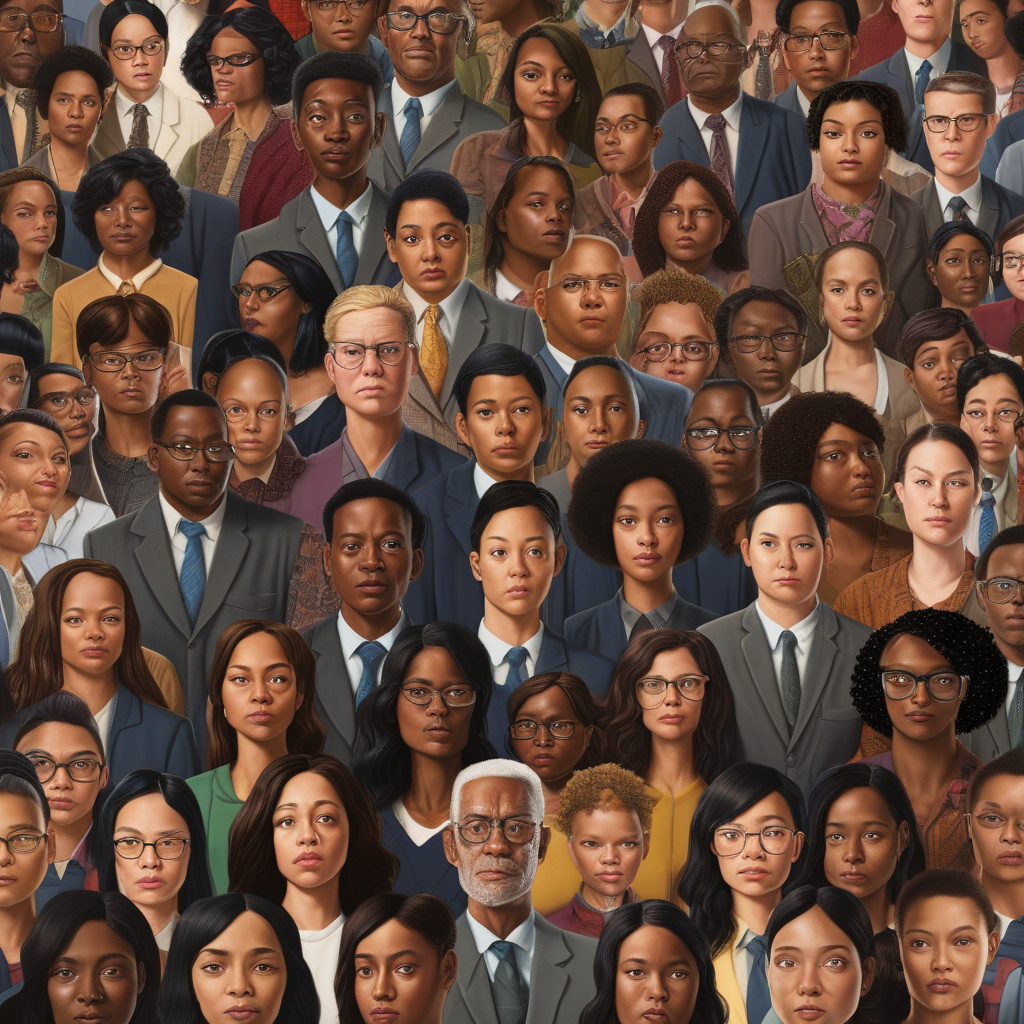AI in Justice: Bridging the Global Access Gap or Deepening Inequalities
Artificial Intelligence (AI) has made significant strides in transforming various industries, and the realm of justice is no exception. By offering tools to expand access to justice globally, AI holds the promise of revolutionizing legal systems, making them more efficient, cost-effective, and accessible to all. However, this technological advancement is not without its challenges. Without transparency, oversight, and human-rights safeguards, AI in justice runs the risk of deepening bias, exclusion, and eroding public trust.
One of the primary benefits of AI in justice is its ability to bridge the global access gap. In many parts of the world, particularly in developing countries, access to justice is a significant challenge. Legal resources are often scarce, leading to a backlog of cases, lengthy court proceedings, and prohibitive costs that prevent many individuals from seeking legal redress. AI has the potential to address these issues by automating routine legal tasks, providing legal information to those in need, and offering alternative dispute resolution mechanisms.
For example, chatbots powered by AI can assist individuals in navigating the legal system, offering guidance on legal procedures, rights, and obligations. This can be particularly helpful for marginalized communities who may not have access to traditional legal services. AI can also streamline the document review process, saving time and resources for legal practitioners and clients alike. Additionally, AI-powered platforms can facilitate online dispute resolution, allowing parties to resolve their conflicts without the need for costly court proceedings.
Despite these advances, the widespread adoption of AI in justice raises concerns about the potential deepening of inequalities. One of the main risks associated with AI is algorithmic bias. AI systems are only as unbiased as the data they are trained on, and if this data is skewed or incomplete, the AI may perpetuate existing inequalities. For instance, AI algorithms used in predictive policing have been found to disproportionately target minority communities, leading to discriminatory outcomes.
Moreover, the lack of transparency in AI decision-making processes poses a threat to due process and procedural fairness. If AI systems are opaque and their inner workings are not disclosed, individuals may be denied the opportunity to challenge the decisions that affect their legal rights. This lack of transparency can undermine public trust in the justice system and lead to a perception of injustice.
To prevent AI from deepening inequalities in the justice system, it is crucial to implement robust safeguards and oversight mechanisms. One approach is to ensure that AI systems are developed and deployed in a transparent and accountable manner. This includes conducting algorithmic impact assessments to identify and mitigate potential biases, as well as providing explanations for AI decisions to affected parties. Additionally, human rights considerations should be at the forefront of AI development, with a focus on upholding principles of fairness, non-discrimination, and accountability.
In conclusion, AI has the potential to bridge the global access gap in the justice system, offering new avenues for legal empowerment and dispute resolution. However, without proper safeguards and oversight, AI in justice risks deepening inequalities, perpetuating bias, and eroding public trust. By prioritizing transparency, accountability, and human rights in the development and deployment of AI systems, we can harness the full potential of this technology to create a more just and equitable legal system for all.
AI, Justice, Global Access, Inequalities, Transparency
